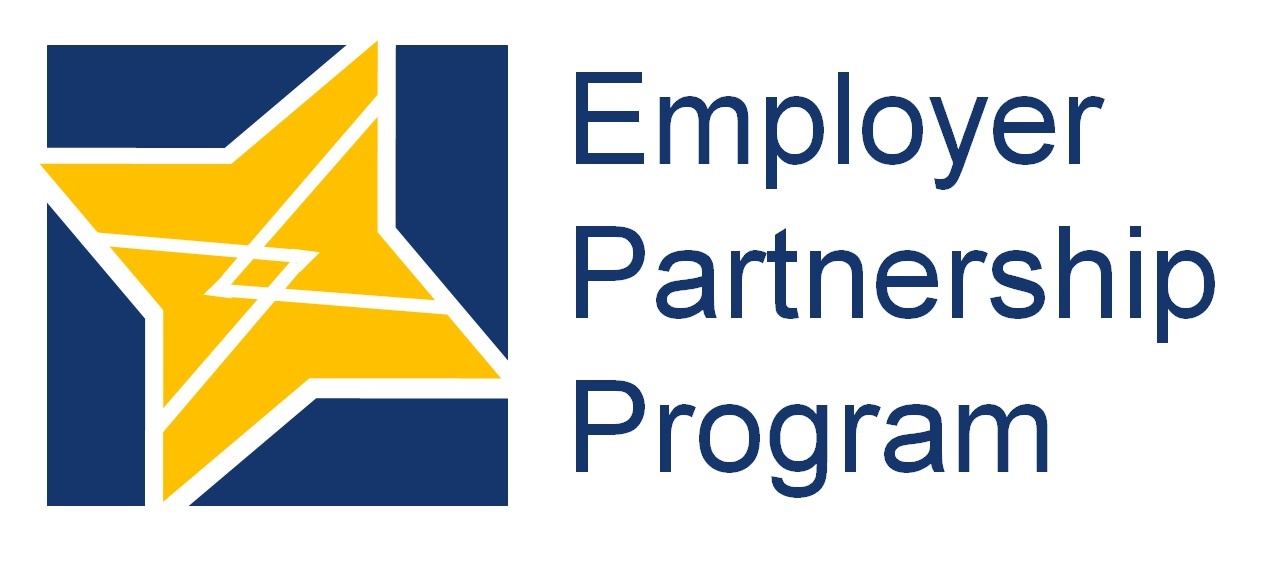Strategic Résumé Writing
“From Student to Professional: Nine Ways to Interpret Your Past”
Marianne E. Green, University of Delaware
Don’t leave employers asking “So what?” when they read your résumé. Help them view you as a potential colleague by effectively interpreting your experiences to reveal their career-related implications. Here are ideas to enhance your marketability.
Acknowledge the fact that your experience counts!
You’re not exaggerating or bragging if you accurately, but positively, interpret
what you have accomplished in jobs, internships, and activities. You’re not “just”
a volunteer; you’re a young professional who has taken the first steps toward active
participation in a profession.
Use the vocabulary of your chosen field whenever possible in your résumé and in the
interview.
Familiarize yourself with the words your chosen occupation uses to describe tasks
and activities. Many organizations select résumés for review on the basis of a search
for specific words and phrases. Be sure, however, that you use your field’s specialized
vocabulary correctly and only in the right context!
Examine and narrate your out-of-class experiences through the “lens” of your career
goal.
Choose primarily to write and speak about the tasks, events, and situations that
fit your field of interest. You may wish to minimize or omit unrelated duties to better
draw the connection between your jobs and your career interests.
Convey what you learned, as well as what you did, in your job, internship, or activity.
Even if your role in the organization was limited to observer, you probably gleaned
some critical “insider” information pertinent to your field. Communicate your insights
on your résumé and in the interview process to help employers visualize you as a future
colleague.
Quantify your actions whenever appropriate.
Use numbers to vividly describe your experiences so employers can appreciate the
scope of your accomplishments. Numbers and percentages can suggest level of intensity
of effort and diligence. If you must estimate the number, use qualifiers such as “up
to,” “more than,” and “approximately.”
Control the way your information impacts employers.
It may be more effective to cluster your career-related experiences in a separate
category labeled “Related Experience” instead of lumping all your experience into
a section called “Experience.” Focus the employer’s attention on your most compelling
evidence that you can do the job by positioning this information near the top of your
résumé. Don’t save the best for last!
Credit your contributions and their impact.
What added value did you bring to the workplace, internship, or activity? How did
your actions contribute to the mission of the organization? What part, however small,
did you play in cutting costs, generating revenue, increasing productivity, improving
quality, or motivating others? Choose your words carefully to portray yourself as
a vital member of the team.
Take stock of occurrences that spotlight your personal attributes.
Be prepared to provide employers “talking points” to demonstrate how you handled
problems, overcame obstacles, managed people, met deadlines, etc. Volunteer positions,
athletics, and leadership activities as well as jobs and internships are excellent
evidence of your attributes of career success. Use your heavy academic schedule and
part-time job with Campus Dining to demonstrate your ability to successfully juggle
several important responsibilities.
Showcase your skills and talents with a portfolio: past success predicts future success.
Assemble documents that demonstrate skills relevant to your career choice: writing,
coordinating, doing public relations, budgeting, teaching, marketing, and so forth.
Include letters of thanks, merit, and recommendation to bolster your talking points
with visual evidence. Use a portfolio judiciously; let the employer know it’s available,
but don’t demand that s/he review it!
Without exaggerating, bragging, or stretching the truth, you can interpret your experiences to more closely match the job you’ve targeted. Use compelling language and visual aids to help employers appreciate your skills and abilities. It’s a strategy that works—and so will you!
Excerpted from “Planning Job Choices: 2001” published by National Association of Colleges & Employers.
Individuals with disabilities who require accommodations may review Policies & Procedures.

